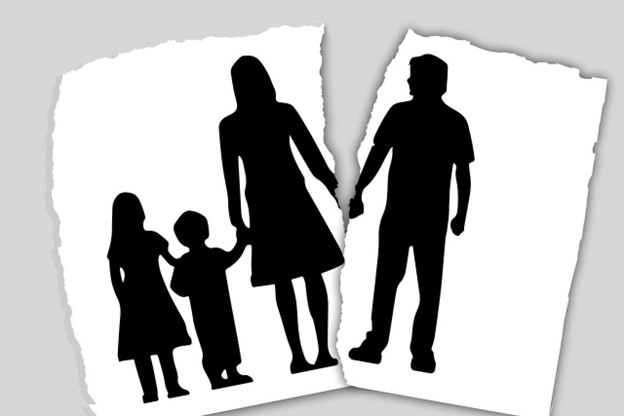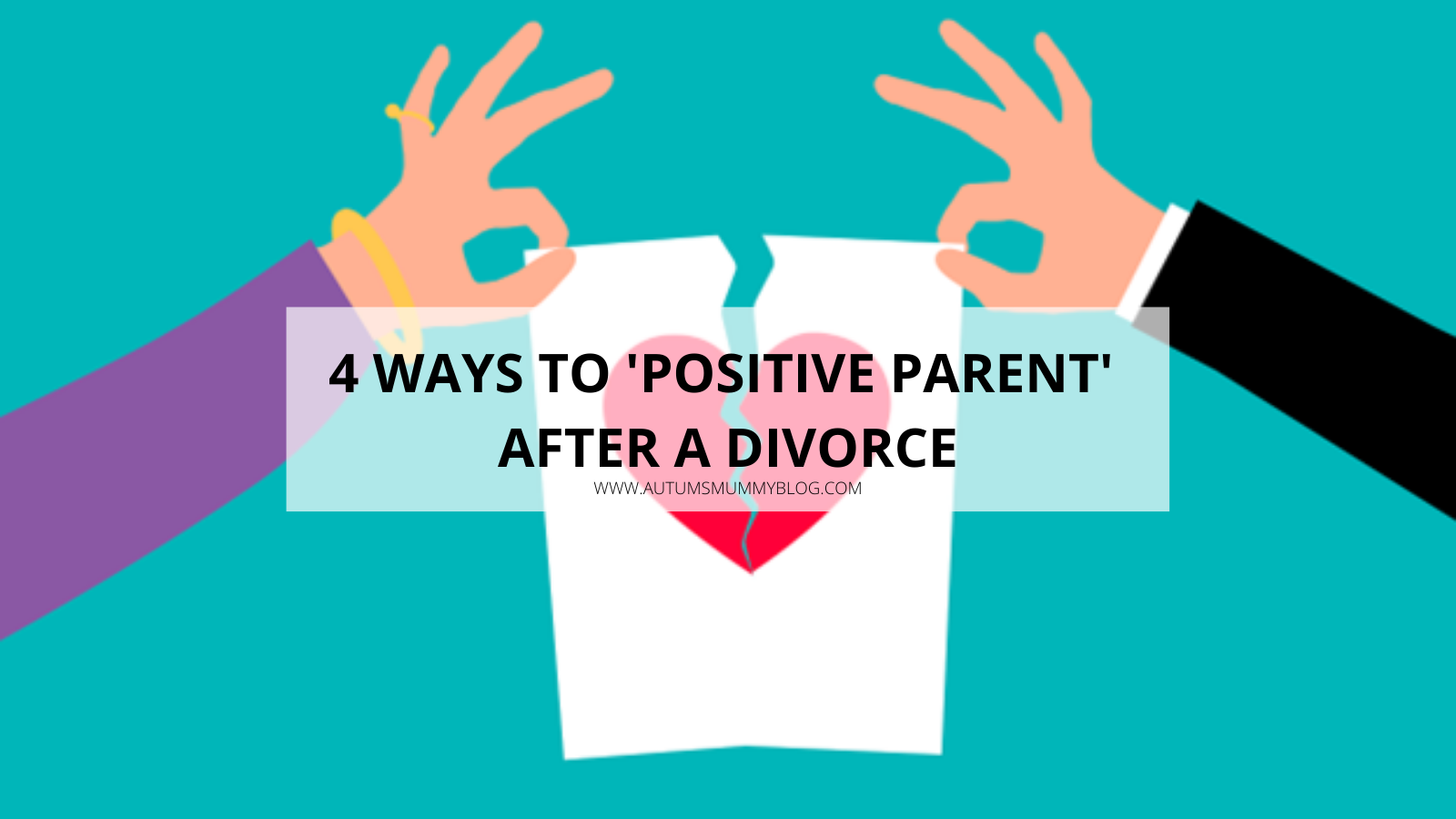Collaborative Post¦ A divorce can be challenging for children. To help you, we are going to look at four ways to be a “positive parent” after a divorce…

Divorce can be tough on children. Obviously, the adults have decided to end the relationship, but this can have a big impact on the kids. It can be upsetting to watch your parents go through divorce, children often find themselves caught in the middle of disputes between their parents.
This is where positive parenting can make a big difference to your children. Family solicitors try to make sure that every member of the family is taken care of during the process of divorce, but it’s down the parents at home to make children adapt to the new way of living. So, what is positive parenting? Let’s delve in…
How Can Divorce Affect Children?
A divorce can impact children in a big way. For kids, a divorce can be emotionally and mentally stressful. Kids grow up with a simple understanding of the world – to make them aware that things aren’t as pure and innocent as they thought is a difficult pill to swallow.
Beyond the immediate grief of seeing their parents separate, children can experience a lot of complicated feelings over a divorce. It’s normal for a child to be confused, angry, and in denial about what’s going on. They may feel like they are somehow to blame for the divorce and can resort to destructive behaviour to deal with what’s going on.
If one parent has another partner, then kids find the situation becomes even harder. Trying to explain to a child why their parent is happy with another person can be devastating.

What is Positive Parenting?
To try and make sure that their children grow up happy and healthy, a lot of parents find that they need to adjust their parenting style after a divorce. Positive parenting is often the result. It can be important to take a more emotionally supportive and proactive approach to parenting in the aftermath of a divorce to compensate for the difficult feelings it can cause.
Positive parenting is all about being receptive to the emotional needs of your children and taking the time to show empathy and reinforce positive behaviour. This can be so important after a divorce.
Have Realistic Expectations
One way that you can demonstrate positive parenting is to have realistic expectations for your child. Make sure that they grow up with an understanding of what is expected of them and that what they achieve in their academic and personal lives is not only encouraged but celebrated.
Give Positive Attention
Make sure that your child receives plenty of positive attention to get the right kind of emotional upbringing. They should feel valued and supported in every part of growing up.
Make Emotions Accessible
Try and make sure that your children know how to talk about their emotions and how to express themselves in a healthy way. They may have a lot of different feelings bottled up surrounding the divorce, and knowing how to communicate them is vital.
Build a Loving and Trusting Relationship
When building a relationship with your children, the most important thing is to make sure it is one built on love and trust. They need to know that they are safe to express themselves and that they feel comfortable doing so. To that end, make sure that you work on developing a happy relationship with them that isn’t trying to play favourites or encourage resentment towards your ex.
Positive parenting After Divorce…

Positive parenting is a core part of successfully navigating life after a divorce. You need to make sure that your kids feel comfortable and valued after a divorce. It’s easy for kids to feel either unimportant or simply paws for both sides to use. This is not a healthy mentality for them.
If you take the time to foster an environment where children feel safe, loved and understood, then you’ll help them to gain the tools required to navigate this new reality. It is vital for kids to grow up happy and healthy so that they don’t become resentful of either parent for the divorce.
Please be advised that this article is for general informational purposes only, and should not be used as a substitute for advice from a trained legal professional. Be sure to consult a lawyer/solicitor if you’re seeking advice on divorce. We are not liable for risks or issues associated with using or acting upon the information on this site.
